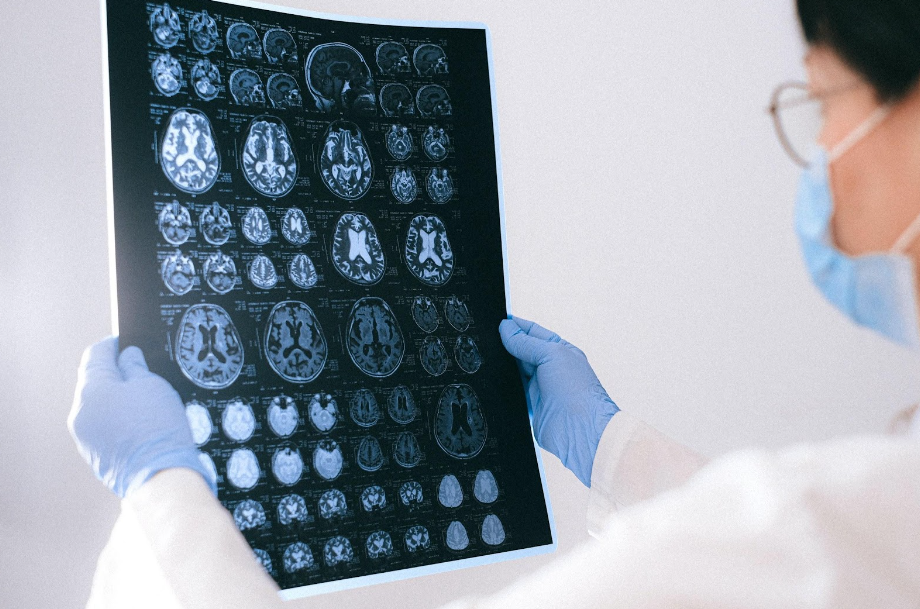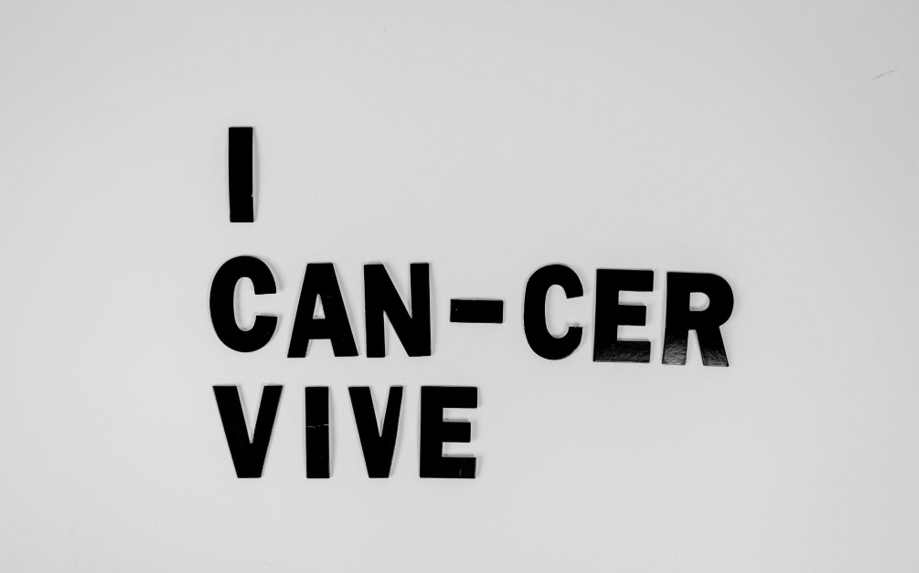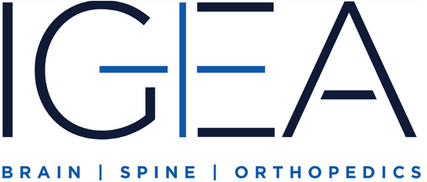What to Expect After ACDF Surgery
When your doctor first mentioned surgery, you probably had numerous questions, primarily: “what is the recovery process?” These concerns are understandable, especially when you’re dealing with neck surgery like Anterior Cervical Discectomy & Fusion surgery (ACDF). But when you’re working with IGEA Brain, Spine & Orthopedic‘s adept, highly-experienced surgeons, you’ll receive the expert care and guidance to get back on your feet and back to the activities you love as soon as possible.
ACDF SURGERY: A BRIEF OVERVIEW
What, exactly, happens during ACDF surgery? Essentially, this procedure is the removal and replacement of damaged disc material, usually caused by herniated discs, degenerative disc disease, spondylosis or cervical myelopathy (NHS description). An expert surgeon from IGEA will make an anterior incision (on the front of your neck) then move aside your muscles, trachea, and esophagus to access the vertebrae. This might seem complicated, but it’s actually easier than entering from the posterior (back) side, because the surgeon can avoid disturbing your spinal cord and spinal nerves.
After removing your damaged disc, the surgeon will replace it with a bone graft taken from your hip or a donor. He or she may instead use an artificial bone graft containing living bone tissue. Regardless of the material, this implant serves as a spacer and allows your vertebrae to fuse together.
THE ROAD TO RECOVERY
After ACDF, you’ll want to return to your favorite activities as soon as possible, and while the recovery time might be lengthy, a recent study showed that the procedure reduced arm pain in 93-100% and neck pain in 73-87% of standard patients. Typically, you can expect to begin physical therapy 4-6 weeks after the procedure and the full healing process often takes 3-6 months. This timeline can vary significantly, however, depending on your age, health, etc. But with IGEA’s skilled, caring doctors directing your post-operation activities, you can be confident that you’re on the fastest route. Follow their instructions carefully and soon you’ll be back in your daily routine.
POST-SURGERY CHALLENGES
Your IGEA physicians will lay out a personalized recovery plan to help the process go as smoothly as possible, but the days after surgery still take some resilience. Patients may experience pain, lack of mobility, constipation, sore throat, and difficulty swallowing and speaking. Keep in mind that this is a natural part of ACDF surgery recovery, and your doctor may prescribe or recommend pain medications, laxatives, or other treatments to help alleviate pain and other effects. Fortunately, this stage of the healing process usually only persists 1-4 weeks, but you should contact your doctor if anything lasts longer or increases significantly.
WHAT TO DO
Here are some tips and strategies to help streamline your healing:
- Whether sitting or standing, keep your spine in neutral position, maintaining a good posture.
- Walking is the best physical activity for the first few weeks after surgery. Gradually increase the distance and/or time you walk. Try working up to 30 minutes, two times per day.
- Sleep on your back or your side, not your stomach, using a pillow between or under your legs for support. Make sure to get at least eight hours per night.
- Maintain a balanced diet of soft foods that are easy to swallow, like yogurts, puddings, broth, protein shakes, soft fruits and vegetables, etc.
- Keep your incision area clean and dry.
- Follow all of your doctor’s and physical therapist’s instructions closely, especially concerning exercise and prescription medications.
The doctors at IGEA know that this process is different for everyone, so they will provide a recovery plan that’s personalized for your age, lifestyle, and the activities you want to continue.
WHAT TO AVOID
Certain activities can derail your recovery and delay your return to normal activity. Here’s what to avoid:
- Bending or twisting movements.
- Pushing, pulling, or lifting more than five pounds.
- Smoking, which can increase the risk of complications and infections.
- Taking non-steroidal anti-inflammatory drugs (NSAIDs) like aspirin, Advil, Motrin, Nuprin, and Aleve. Acetaminophen (Tylenol) is a better alternative.
- Sexual activity, until you have approval from your doctor.
- Returning to work for at least 2-3 weeks after surgery (depending on the nature of your job). Consult your doctor for a more personalized timeline.
- Driving for several days (sometimes 2-3 weeks), or until you’re off narcotic pain medications. Again, consult your doctor before getting back behind the wheel.
Again, not everyone has the same ACDF recovery experience. Your IGEA physician will work with you to develop a customized plan that reflects your goals and lifestyle.
START YOUR RECOVERY RIGHT WITH IGEA’S EXPERT CARE
A successful recovery from Anterior Cervical Discectomy & Fusion surgery starts with top-notch physicians. IGEA’s team will take time to understand your unique circumstances as they determine the best course of action. Under the care of IGEA’s specialized spinal surgeons, you’ll be on a path back to your ideal life, whether that means cycling with your family, golfing with business partners, or something else entirely.
New Jersey and New York’s ACDF experts are just a phone call away. Contact IGEA to schedule a consultation and we’ll make the road to recovery a whole lot less intimidating.







